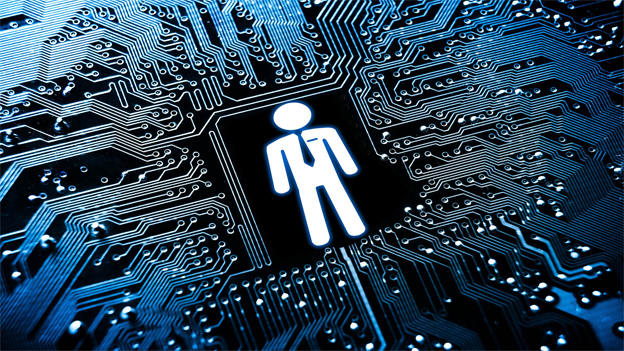Reinvention of HR technology marketplace

Josh Bersin, founder of Bersin by Deloitte, took us through an insightful journey of how technology market place is evolving in the HR domain. Here are key takeaways from the interesting session
Josh started out by highlighting the major disruptions in the HR work place, “We are going through a cycle” he said, as he listed out the following areas disrupting organizations
1. Demographic upheavals
The work force is getting both younger and older. With the millennial crowd wanting a more connected and flexible work system, there’s also the set of older employees [70-80 age group] looking to work in flexible hours and cash in on the knowledge they have
2. Digital technology is everywhere
And it is changing business models across the globe, thus having a direct impact on the work place
3. Artificial Intelligence and robotics
Jobs and careers have changed significantly since AI and robotics came into the picture. It is getting increasingly difficult to ignore the threat that job automation is bringing in
4. New social contracts
Workforce is now demanding more flexible terms; with the generation getting more digitally savvy freelancing, part time gigs, remote work options are now being incorporated to make the workplace more compelling
State of productivity and employee engagement
It is important to note that work place productivity hasn’t really improved with technology. 2/3rd of the work force in the US thinks that the 9-5 work timings are redundant. Employment engagement has not changed in almost 8 years and global engagement is also dropping;
We are still figuring out how to make work useful.
One of the major changes affecting HR technology is the way organizations are set up. Earlier there was a functional hierarchy in the organization. But today it is all about teams, and yet the way organizations work, the way they hire, the way they reward is still based on the hierarchical model. This needs to change.
Technology and why it matters
The truth is “We do not change technology, technology changes us”.
We can’t really say what and how technology will change. Reports show that AI and robotics are actually making work better, unfortunately though, someday they will reduce jobs significantly.
In the IT sector, there has been a massive surge in the number of HR technology companies, and the reason for this is that until the last decade, companies were automating the manual HR practices and then integrating them into the talent management systems. But this did not really help increase productivity, hence the need for a new generation of tools that will help empower people and not just acquire them.
HR tools and their focus today
HR tools today focuses on real time engagement, predictive analysis, cultural assessments, social recognition, self-service apps and much more. Employee engagement tools, feedback tools, performance improvements tools, learning and coaching tools, social recognition tools, etc. have taken center stage.
Technology in the recruitment sector
Recruitment management has also changed drastically, what started with simple applicant tracking tool has now evolved to an AI based intelligent recruitment system. Google Jobs is a classic example of how different things are today. AI is helping getting rid of unconscious bias and is bringing in a fair process to recruitment.
Technology in performance management sector
New generation performance management tools are here and they are concentrating on areas like engagement surveys, team assessments, peer feedbacks etc. There isn’t yet an integrated system for this, but specific tools in these categories are working well.
The new generation tools are helping organizations realize that people who are better engaged in their teams have better feedback and that these factors are very indicative of performance. The new generation tools can help measure employee engagement as well as their performance.
Technology in review and feedback sector
Most companies have an annual performance review which is clearly outdated. Feedback today is more continuous - pulse survey tools, anonymous feedback tools, performance check in tools, exit interview tools are all coming together. There are tools today that are allowing organizations to conduct continuous reviews and build a better feedback system for employees.
Technology in the learning sector
New generation learning tools are all about 'Employees being in charge.'
Micro learning courses are in; design thinking is being applied to learning today and the core of it is the learning experience. Learning experience platforms are high in demand and these systems are helping curate micro learning platforms. A win-win for all.
Technology in the analytics sector
People Analytics has now become an integral part of HR and not just a good to have. Analytical data is now being used much more efficiently thanks to increasing awareness and access to relevant tools. Relationship analytics are also evolving to understand teams better and make them more effective.
Technology and design thinking
Design thinking involves studying the work environment of people in an organization segment by segment, thus identifying factors like what is making them unproductive, what is making things difficult for them, etc. Organizations are using tools to improve the experience of as many segments of the organization as they can with the help of design thinking.
The bottom line is that HR technology is changing. We will soon be looking at systems that are way more conversational (because everything is simpler when you simply talk) and the day isn’t far!
(This article is curated from the session - “Reinvention of HR Technology Market Place” in TechHR’17)
















